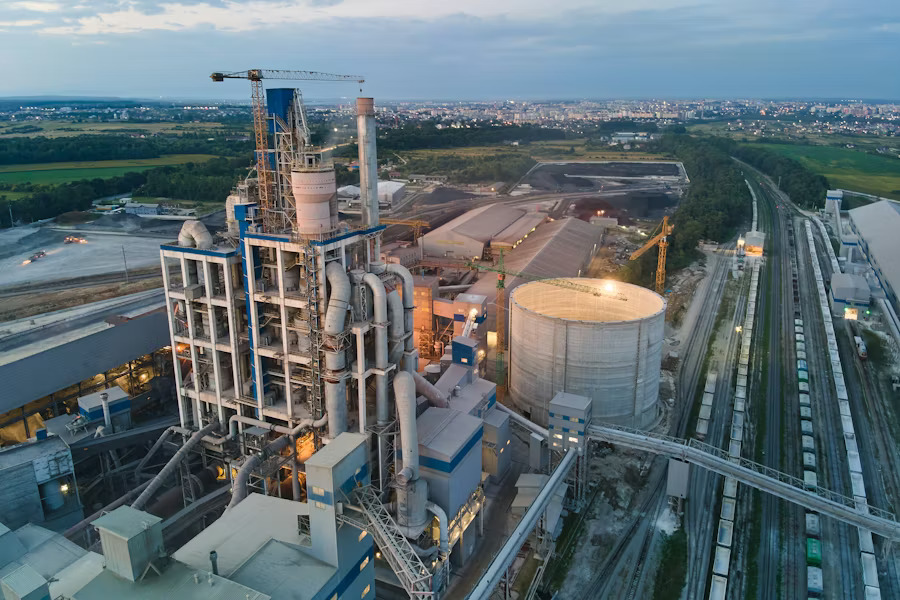India's National Stock Exchange (NSE) is facing hurdles on its path to the eagerly awaited initial public offering (IPO), with the Securities and Exchange Board of India (SEBI) imposing strict conditions. SEBI insists that NSE must operate without glitches for a minimum of one year, a crucial prerequisite for IPO approval. Additionally, SEBI stresses the need for NSE to upgrade its technological infrastructure, address corporate governance issues, and resolve pending legal matters.
The delay in NSE's listing can be attributed to a series of corporate governance problems, including the notorious 2015 co-location scam and various technological failures. Particularly, in 2021, NSE came under intense scrutiny from SEBI when trading had to be halted for several hours due to malfunctions in its mainframe and disaster recovery sites.
Ashishkumar Chauhan, NSE's managing director, and CEO recognizes the pivotal role of SEBI's confidence in the exchange's processes, technology, and intentions. Chauhan affirms that as India experiences an influx of investors, SEBI's comfort level will significantly influence when NSE can move forward with its IPO application.
A closer look at NSE's shareholding pattern as of September 30 reveals non-public shareholding at 44.03%, slightly below the prescribed limit of 49%, while public holding stands at 55.97%, meeting the minimum limit of 51%. The most recent proposed auction of NSE's shares was at Rs 3,150.
Financially, NSE reported a strong performance for the September quarter, with a 13% year-on-year growth in consolidated net profit, reaching Rs 1,999 crore. The consolidated income from operations experienced a notable surge of 24% from the year-ago period, standing at Rs 3,652 crore. Beyond trading, NSE's revenue was supported by listing, index services, data services, and co-location facilities, showcasing the exchange's diversified income streams.
For investors, the key takeaway is to closely monitor how NSE addresses SEBI's concerns, ensures compliance, and builds investor trust. The exchange's commitment to enhancing technological capabilities and corporate governance will play a crucial role in gaining regulatory approval and instilling confidence in the growing investor community. It's a journey worth watching for those considering investment opportunities in India's evolving financial landscape.
NSE Unlisted Shares Show Strong Performance
NSE unlisted shares have exhibited a positive trajectory. As of December 2023, the price stands at Rs. 3900, showcasing a notable increase from Rs. 3400 in December 2022, an impressive growth of almost 15%.
This indicates a commendable 14.71% increase in the value of NSE unlisted shares over the one-year period. The positive performance of NSE's unlisted shares serves as a contrast to the challenges faced by Pharmeasy's unlisted shares, illustrating the divergent trends within the unlisted market. Investors may find the growth in NSE unlisted shares encouraging, highlighting the importance of thorough analysis when navigating the dynamic landscape of unlisted securities.
https://www.youtube.com/watch?v=fY_nBNyLvKM




